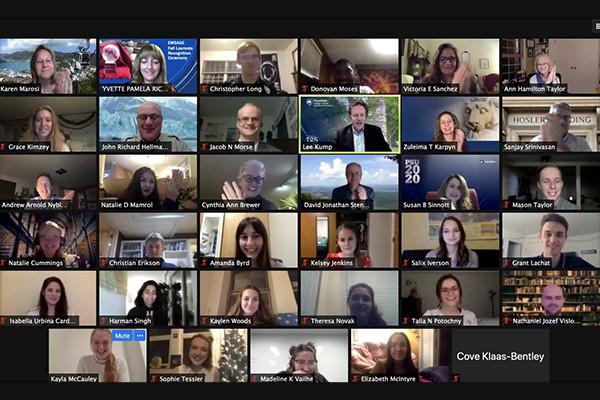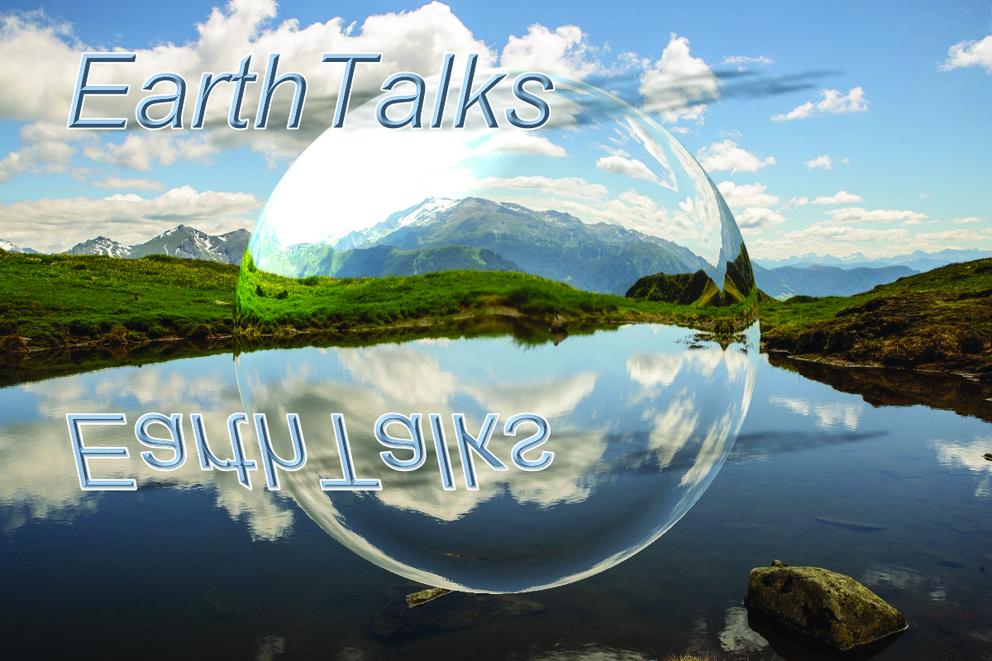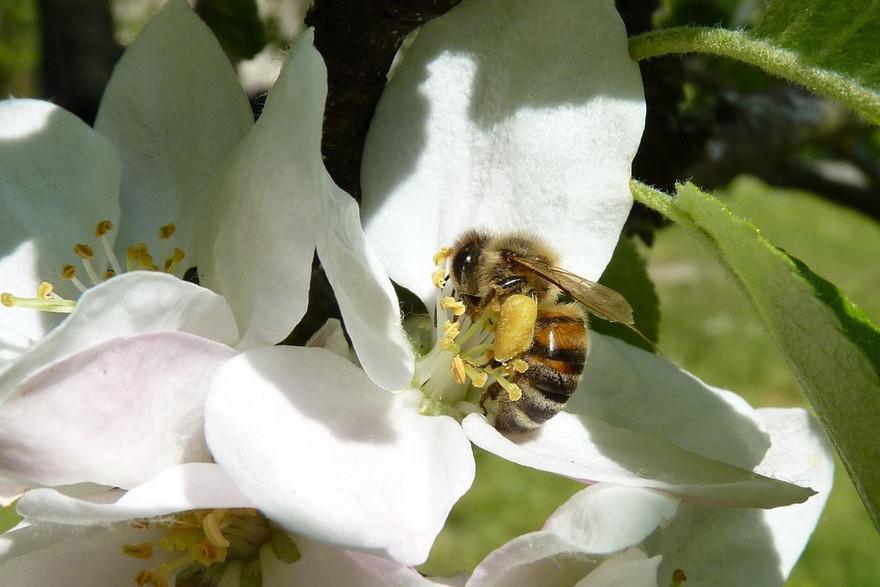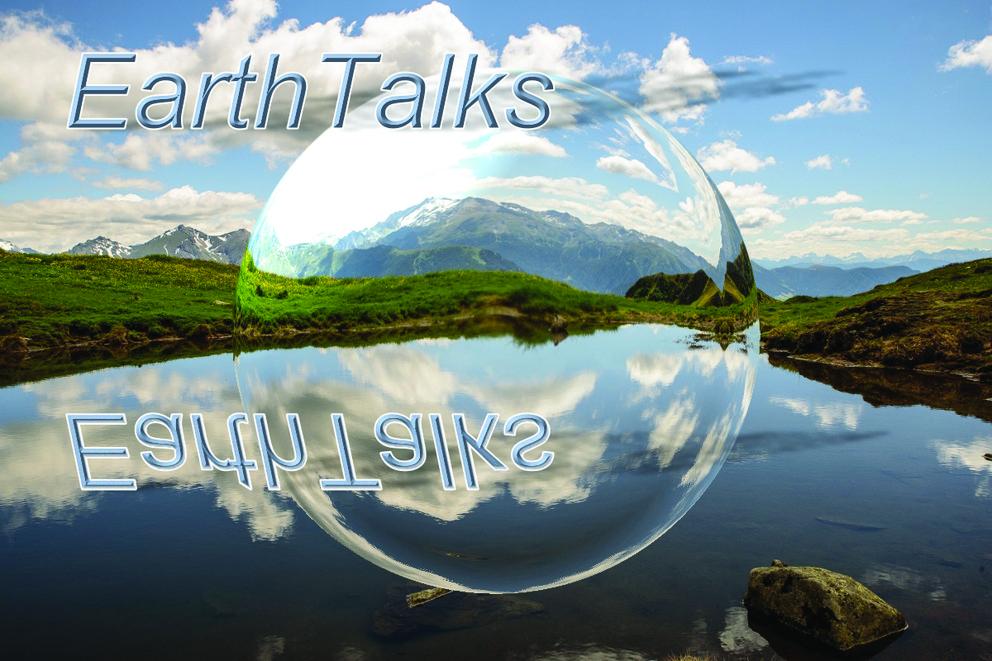Mason Taylor isn’t your typical undergraduate student. The energy and sustainability policy (ESP) major tried college just after high school. But he wasn’t ready and didn’t have a goal in his sights. Quickly, he dropped out.
For as long as he can remember, John Hellmann was interested in science. He excelled in chemistry, physics and other fields but he was most drawn to fields that could be applied to solving real-world problems.
Piezoelectric materials hold great promise as sensors and as energy harvesters but are normally much less effective at high temperatures, limiting their use in environments such as engines or space exploration.
David Keith, Gordon McKay Professor of Applied Physics and professor of public policy at Harvard University, will discuss the possibility of using solar geoengineering to offset some of the impacts of climate change at 4 p.m. Monday, Feb, 8.
The Energy and Environmental Sustainability Laboratories (EESL) announced its 2020-21 funding opportunity for Penn State students.
Winter survival of honey bee colonies is strongly influenced by summer temperatures and precipitation in the prior year, according to Penn State researchers, who said their findings suggest that honey bees have a "goldilocks" preferred range of summer conditions outside of which their probability of surviving the winter falls.
Picture a Scientist Week will feature events focused on celebrating diversity and equity in the STEM fields. Virtual events will begin on Feb. 6 and will continue through Feb. 16.
Associate professor Chiara Lo Prete received an NSF Faculty Early Career Development Program (CAREER) award to investigate electricity market structures to provide efficient incentives for generation capacity investment under increasing renewable penetration.
James Kasting, Evan Pugh University Professor of Geosciences at Penn State, will discuss the dangers of human heat stress and the politics of climate change at 4 p.m. Monday, Feb. 1 as part of the EarthTalks series.
A new analysis of nearly two decades of satellite data shows that economic development, fossil-fuel combustion and air quality are closely linked on the continental and national scales, but can be decoupled at the national level, according to Penn State scientists.











